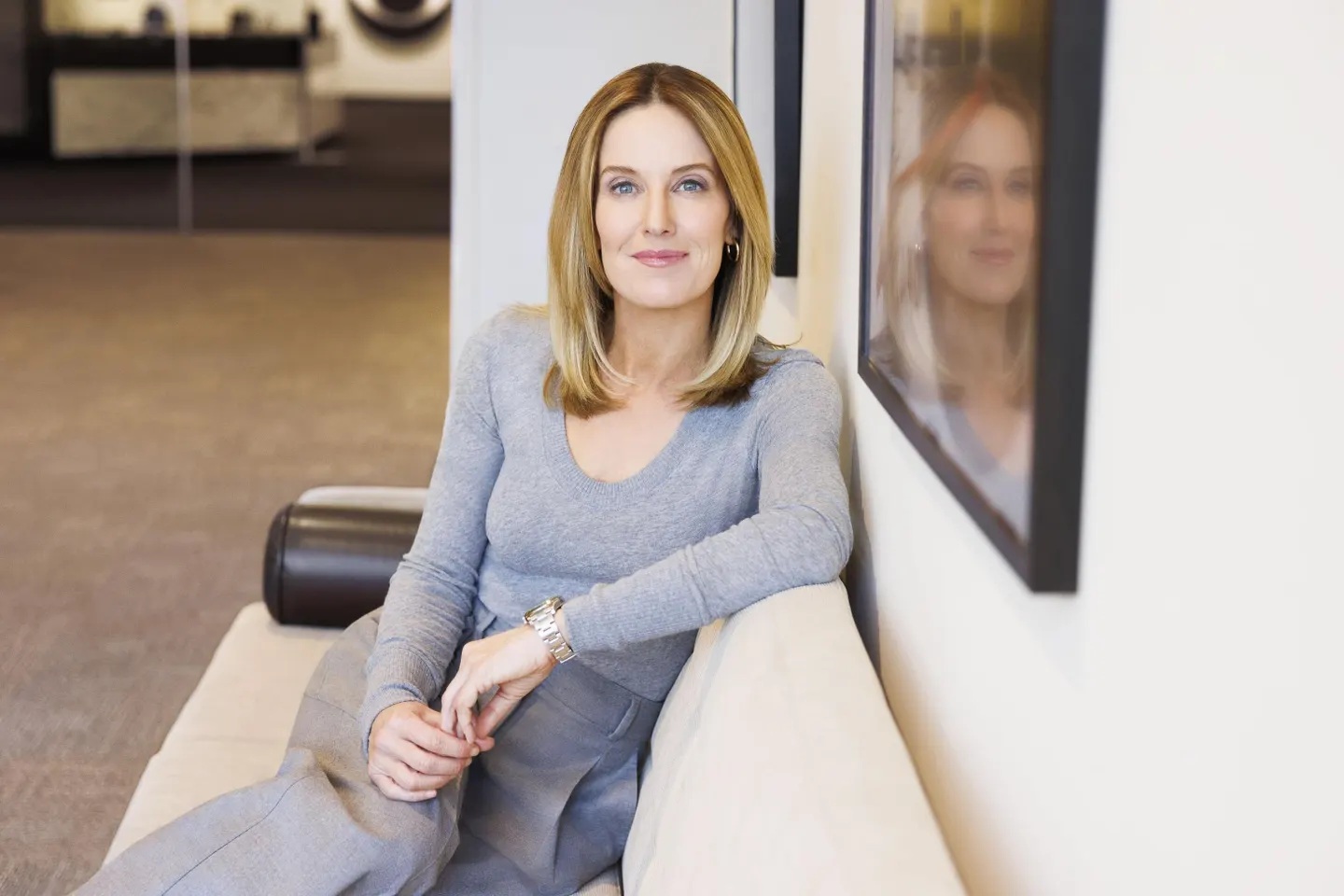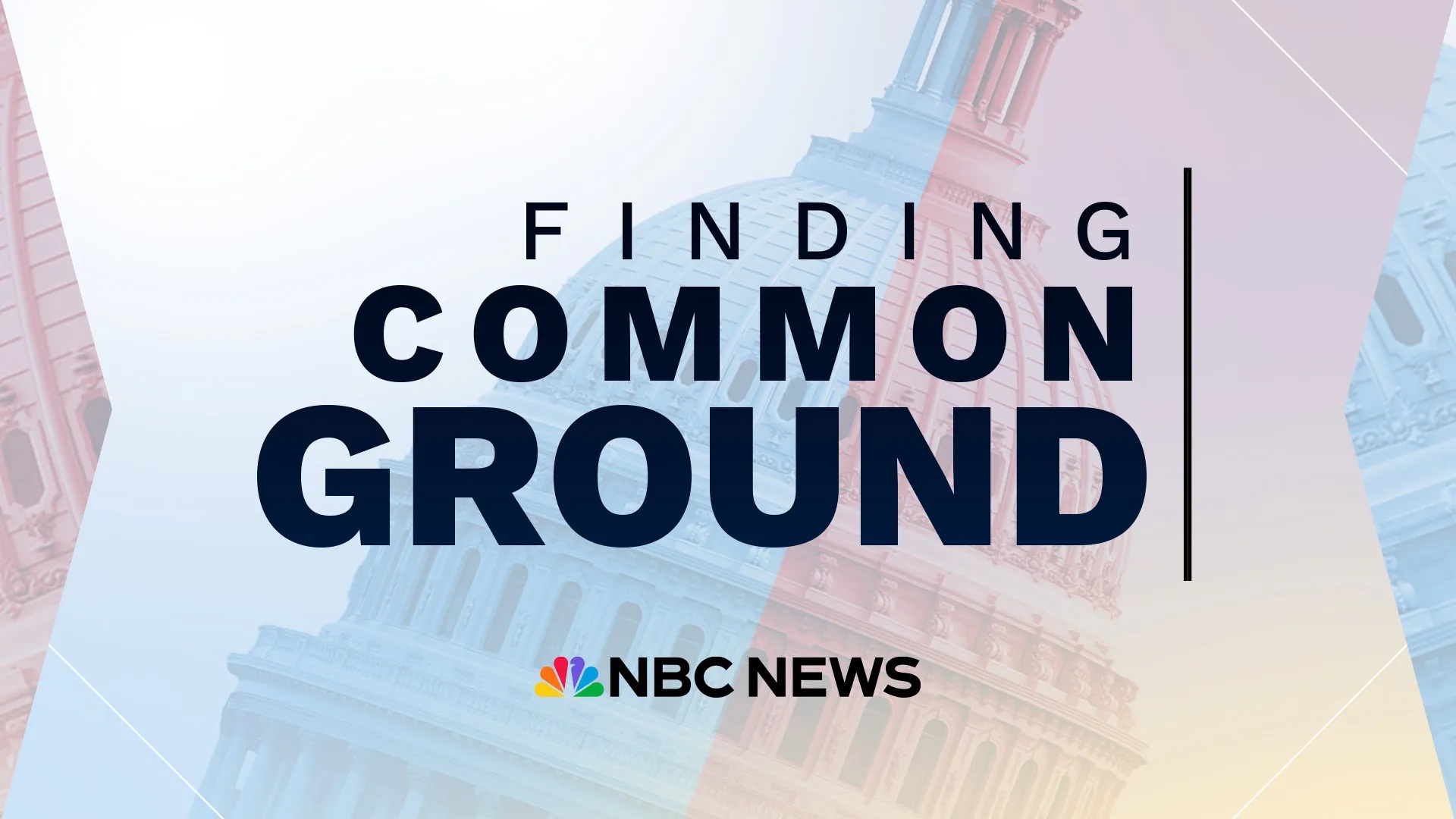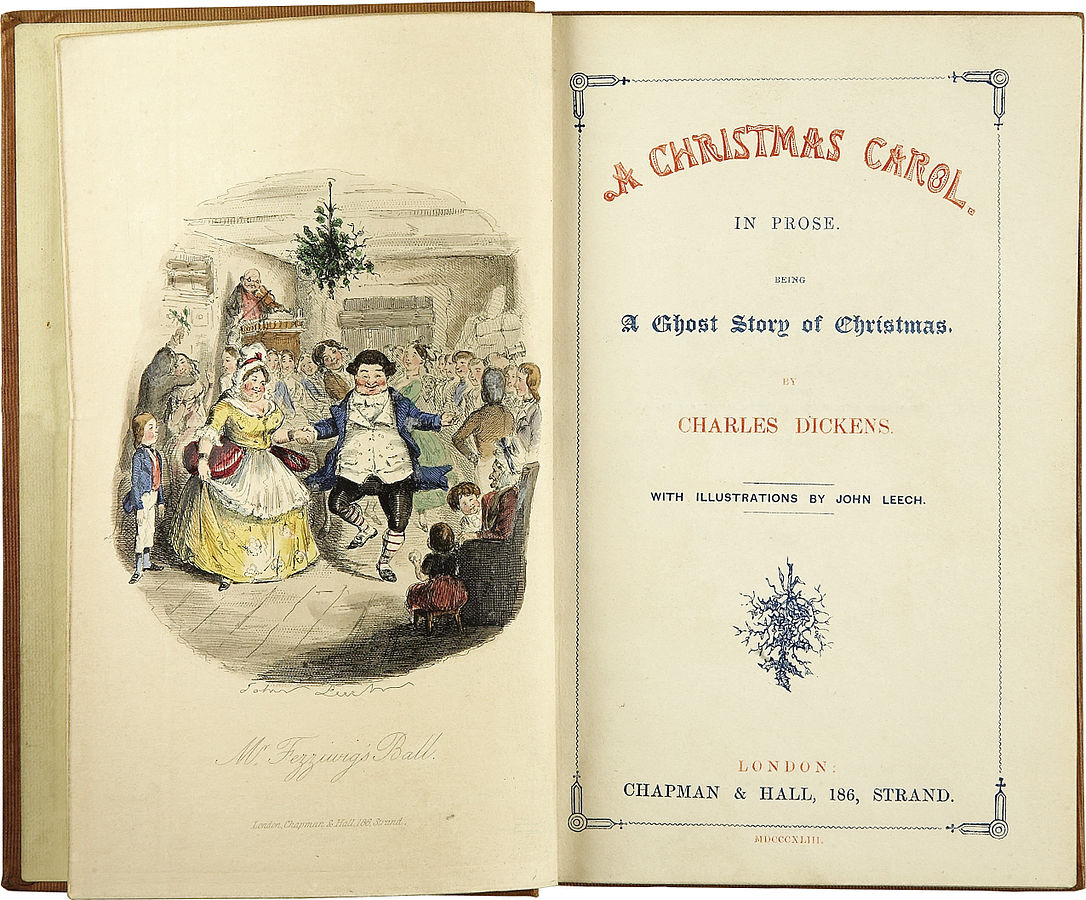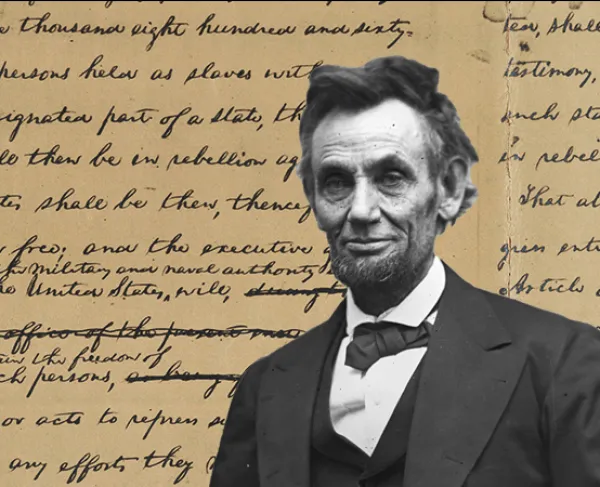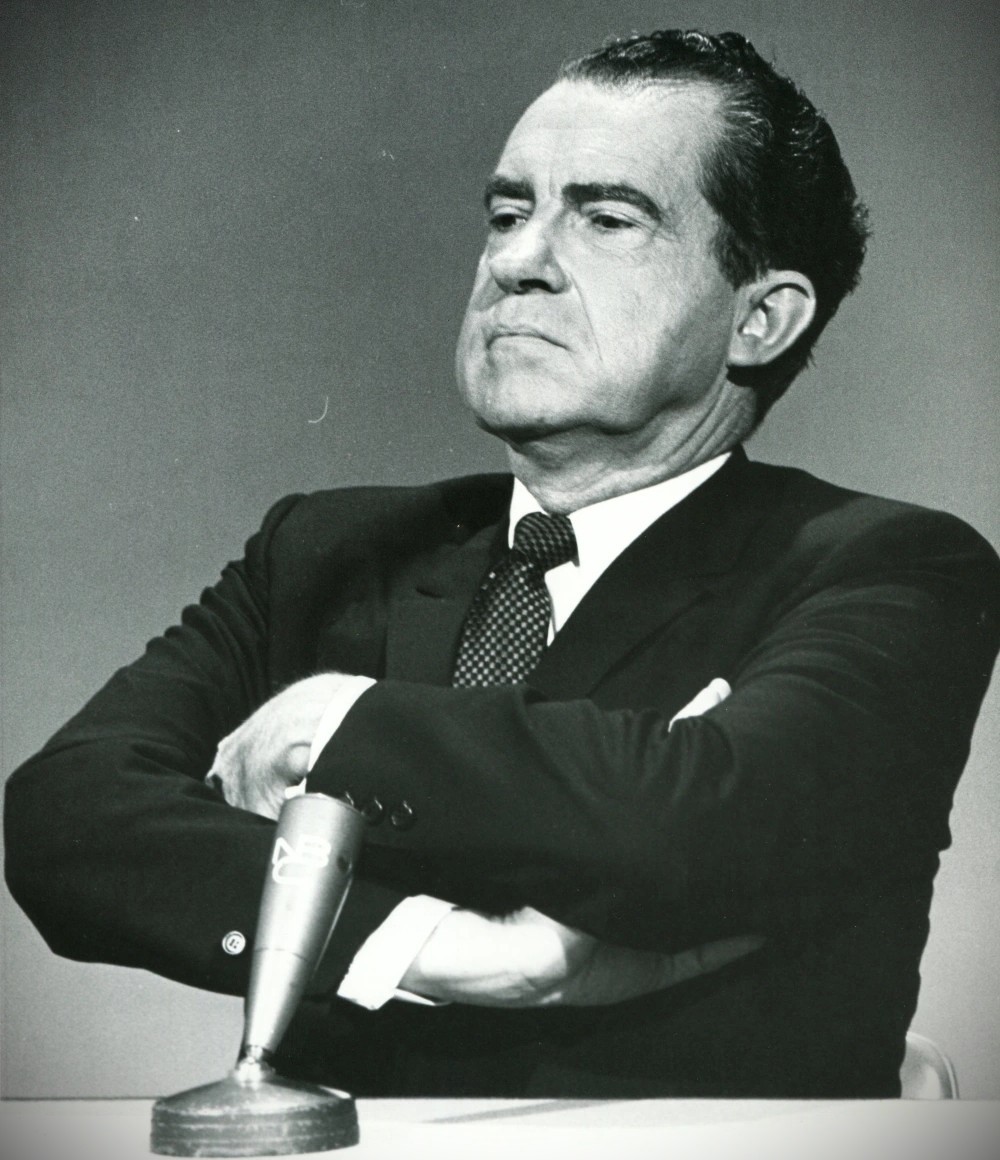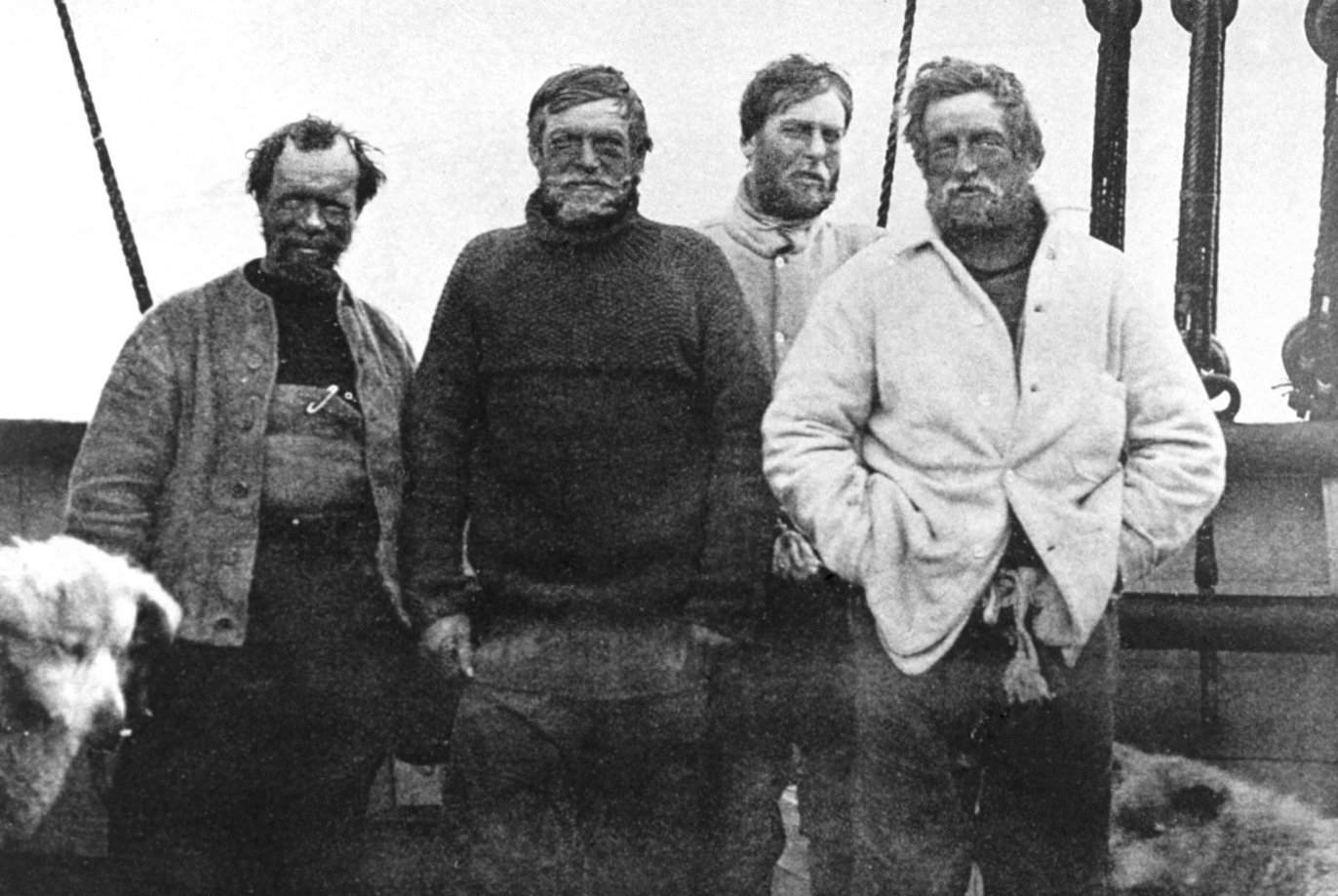You’re the executive director of a non-profit cultivating donors for the completion of a new center that will educate hundreds of students each year who otherwise could not afford it. After returning from vacation, you discover that the financial officer deposited close to a half-million dollar check from a donor and some of the funds have already been withdrawn to pay construction expenses.
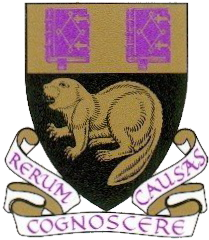
Faced with another partial payment on construction, you realize that the donation was made by the wealthy son of a middle-eastern dictator. Even though the money is coming from the son, you know that several members on your board have been openly opposed to his father’s regime. However, some of the donation has already been spent and you need to pay current construction invoices.
What do you do?
Although some of the details are different, this is what the London School of Economics is facing after having received a donation of $488,000 from Seif el-Qaddafi, son of Libyan dictator Muammar el-Qaddafi.
How is the London school handling this particular dilemma?
According to The New York Times, the school “will divert a donation of $488,000 it received from the Gaddafi International Charity and Development Foundation to establish a scholarship fund for North African students, the university announced Tuesday.
“In a statement, the school said it regretted ‘the reputational damage’ caused by ‘the association with the Gaddafi name.’
“Seif Qaddafi made a pledge in January 2010 to give about $2.45 million to the Global Governance research institute to finance a program on North Africa focused on politics, economics and society.”
But there’s a little more backstory. “At the time of the donation, one of the few voices in opposition was Fred Halliday, a former professor of international relations at the university, who cited the worldwide criticism over Libya’s embrace of Abdel Basset Ali al-Megrahi, the convicted Lockerbie bomber, after his release in August 2009.
“On Monday, Sir Howard Davies, director of the school, told the BBC, ‘We took a risk on that, and I think it’s right to say that that risk has backfired on us.’ Mr. Davies said he felt ‘embarrassed,’ adding, ‘I’m not ashamed of what we’ve done with the money but I do think it’s clear that the source of it now is not one we wish to be associated with.’ ”
However, the diversion of the funds is not quite the right answer for some.
“Last week, students occupied the staff dining room and the director’s office in protest over associations with the Libyan government. ‘Students are saying: It’s dirty money. Give it back, said Charlotte Gerada, president of the student union. ‘The L.S.E. prides itself on a commitment to social justice and democratic principles, and we really need to think more carefully about who we take money from.’ ”
It gets more complicated.
During the height of the recent turmoil in Libya, Seif Qaddafi went on national television warning protesters that the Qaddafi government would fight “to the last bullet” and that if protesters pushed the country into civil war, “Rivers of blood will run through Libya,” Mr. Qaddafi said.
“David Held, director of the Global Governance program and a mentor to Mr. Qaddafi throughout his time at the school, described ‘a young man who was caught between loyalties to his family and a desire to reform his country.’ Dr. Held said his support for Mr. Qaddafi ‘was always conditional on him resolving the dilemma that he faced in a progressive and democratic direction.’
“Recent events, he added, indicate that his former protégé ‘tragically, but fatefully, made the wrong judgment.’ ”
From an ethical standpoint, it would seem that the cat was already out-of-the-bag. Similar to politicians who find themselves embroiled in a scandal only to wonder how they could possibly get caught, the London School clearly wanted the gift and just as clearly would do most anything to hold on to it, (the conditions), but in the end realized that their reputation had been tarnished.
Oh, and the school’s motto: Rerum cognoscere causas. “To Understand the Causes of Things.”
Returning to my original scenario, how would you weigh helping hundreds, perhaps thousands of students achieve an education, versus the risk to your reputation for accepting “dirty money”? Does the potential for good outweigh the source? Does it even matter to you?
Comments
